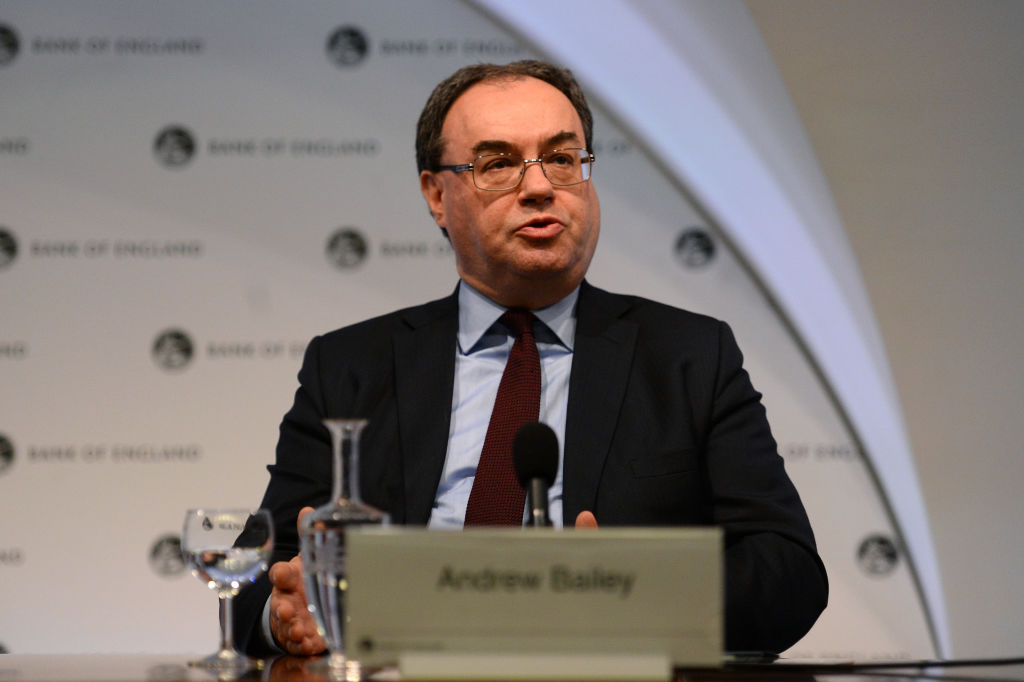Next week Andrew Bailey will walk into the Bank of England as Governor for the first time. In his office in Parlours, he will find an overflowing in-tray. Much of its contents will be problems inherited from his predecessor, such as the economic impact of Britain’s exit from the EU; fallout from the bank’s £435 billion quantitative easing (QE) programme; the need for new systems and approaches to financial regulation; and the urgent response to the economic consequences of the Coronavirus.
But there are three big problems he faces that have the capacity to extend dangerously the reach of the Bank of England and undermine its credibility as an institution in the longer term. The distributional consequences of the bank’s monetary and financial policies; Britain’s productivity puzzle; and the impact of net zero on the financial system each have the scope to shape Bailey’s legacy as the Bank’s 121st Governor.
Tempting thought it might be to extend the reach of the Bank to these key issues of economic policy, Governor Bailey should be honest and accept that the Bank has neither the tools nor the clear popular mandate to deal with them.

Get Britain's best politics newsletters
Register to get The Spectator's insight and opinion straight to your inbox. You can then read two free articles each week.
Already a subscriber? Log in






Comments
Join the debate for just £1 a month
Be part of the conversation with other Spectator readers by getting your first three months for £3.
UNLOCK ACCESS Just £1 a monthAlready a subscriber? Log in